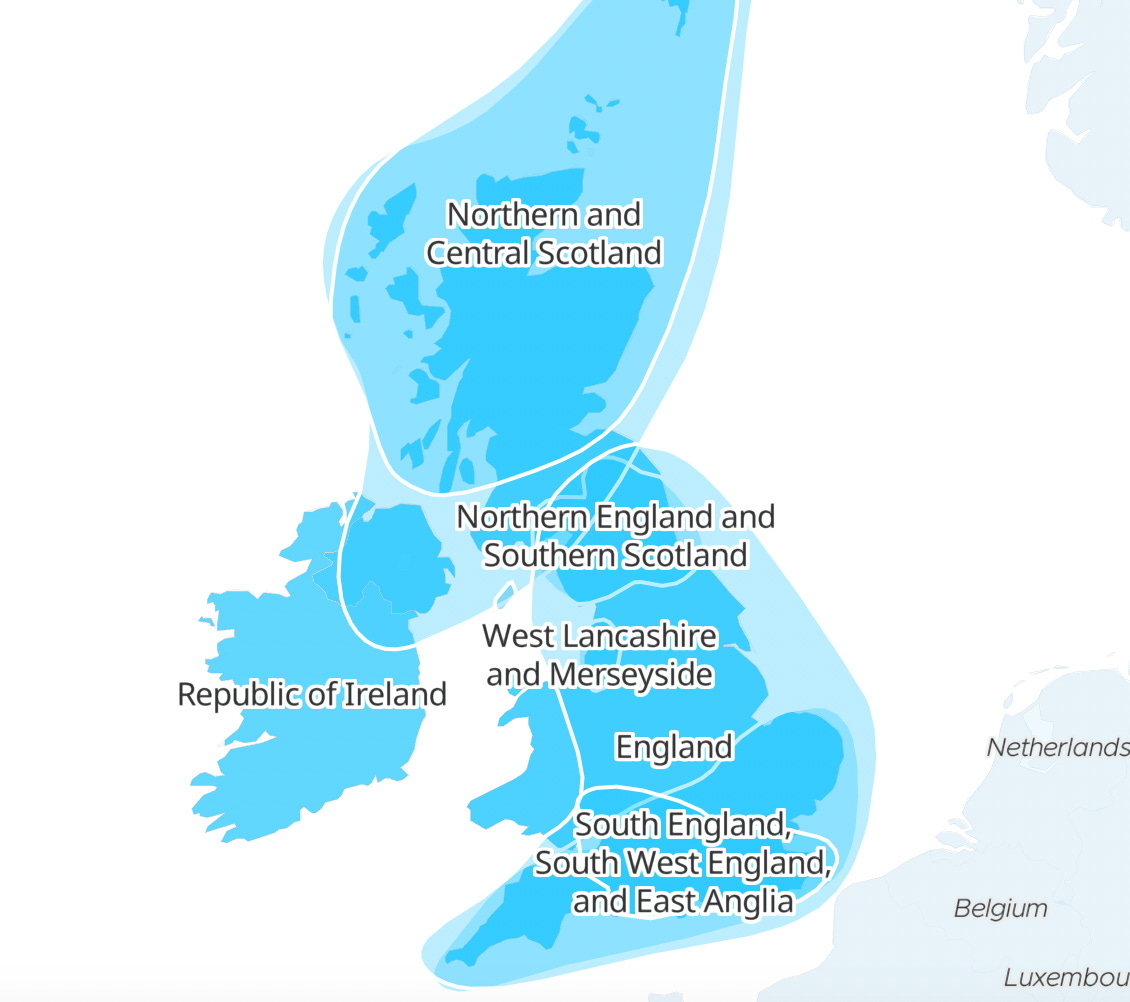On ‘Englishness’
Biological realities and polite fictions
An audio version of this essay – read by me – is available below the paywall.
When I told my local hospital that I was pregnant with my second baby, they asked me for my gender identity. Cantankerous TERF that I am, I wrote “adult human female.”
Later on, I had another meeting with a midwife in which more information-gathering took place. “Where are your family from?” she asked me. “Australia” I said, assuming she was just asking to be friendly. “No, I mean where are they from?” she repeated, wiggling her eyebrows. After some confusion, I realised that she wasn’t making small talk, she was asking me for important medical information, relevant to both me and the baby. “Oh, white British” I replied, and she ticked the correct box on my paperwork. The word “ethnicity” was not used once.
The funny thing about this interaction was that this midwife and I belong to the same ethnic group – the only group, as far as I can tell, which is squeamish about naming itself. I was brought up during a cultural moment in which using ‘English’ as a synonym for the legal category of ‘white British’ was roughly as socially acceptable as pissing in the wine carafe at a dinner party.
It took me a long time to realise that people who don’t belong to [unnameable ethnic group] tend not to share this view of things. I remember the first time I ever heard a friend refer to “English people” in a way that made it clear that she didn’t regard herself as one of them. She was born in London, brought up in London, and has spent very little time in her parents’ country of birth. Nevertheless, she casually referred to “English people” in a way that made me blink. Paradoxically, pretending that ‘Englishness’ isn’t a biological phenomenon is something only English people do. The upper middle class ones, to be precise.
An exchange between Fraser Nelson and Konstantin Kisin on Triggernometry has been making the rounds on Twitter/X this week, and has ignited a conversation about what exactly ‘English’ means. The upper middle class English practice of disavowing the ethnic dimension of Englishness (or, indeed, Britishness) has been maintained as a taboo within public life for several decades, but the shift to the Right across the West – and particularly in America – means that we are now relitigating debates that were last held in the 1970s.
Nelson is among those who hold to the American view of hybridised identity, by which ‘English’ and ‘British’ are nationalities, to which one might add words like ‘white’ or ‘Asian’. The distinction between ethnicity and nationality is understood to be similar to the distinction between sex and gender – one is a biological category, the other is a social one.
In practice, of course, the distinction is not that neat. Radical progressives might like to think that nationality and gender have nothing to do with the biological substrate on which they have historically been built, but biology has a way of reasserting itself. The human brain doesn’t clock ethnic differences quite as reliably as it clocks sex differences (“gee, that woman has unusually big feet and long forearms”), but it is difficult to dissuade people from subconsciously noticing, not just skin colour, but all of the other physical markers of ethnicity. After all, ethnic groups are really just very big families, and people look like their relatives.
None of this should be a moral or political problem. It is completely coherent to say that someone may not be a member of the ethnic group/s around which a nation has been formed, but they are nevertheless welcome to live in that nation. They might have assimilated so seamlessly that their obvious physical differences are no longer considered important. They might be even more knowledgeable about and committed to the culture and history of the place than the average native. What’s more, by marrying a member of the majority ethnic group, their children will often be considered unambiguous members of that group (more so in some places than others – the Japanese, for instance, don’t generally consider mixed race people to be Japanese). Ethnic groups have fuzzy edges, in the same way that families do. And, just like families, they can cheerfully incorporate adopted children, or step parents, or half siblings into the fold.
But that doesn’t mean that ethnicity isn’t real. I’ve been amused to see gender critical feminists employing the rhetorical strategies of trans activists in response to the Triggernometry video. Determined to deny any link between Englishness the ethnicity and Englishness the legal category, the most passionate TERFs have been using exactly the same postmodern argument that they usually despise when it’s directed at them, suggesting that because some categories have fuzzy edges, these categories therefore don’t exist at all.


